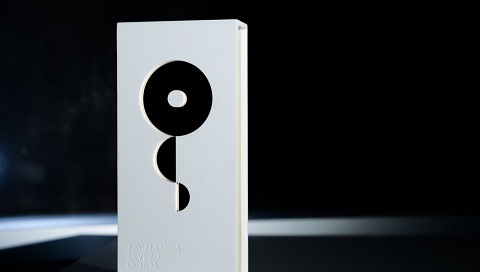ICTA-UAB has been accredited, for the third time, as a "María de Maeztu" Unit of Excellence by the Spanish Ministry of Economy and Competitiveness through the State Research Agency (AEI). This distinction is the highest awarded at the national level to research centres in Spain, and is awarded in recognition for their scientific leadership, research quality, and international impact.

The evaluation panel unanimously highlighted that ICTA-UAB is a highly productive and internationally recognised interdisciplinary research institute, capable of addressing global environmental challenges through innovative approaches.
ICTA-UAB received a global score of 96.40 out of 100, a result that reflects the Institute's consolidated excellence and the strong consensus among external reviewers and the evaluation panel.
The evaluation panel unanimously highlighted that ICTA-UAB is a highly productive and internationally recognised interdisciplinary research institute in environmental science and engineering, capable of addressing global environmental challenges through innovative approaches that integrate knowledge from the natural, social, and engineering sciences. The panel underscored the Institute's ability to combine disciplinary excellence with cross-disciplinary approaches, and its significant contribution to informed decision-making by incorporating environmental, socio-economic, and ethical perspectives.
The final report also praised ICTA-UAB's governance structure, noting that it ensures equitable representation, inclusive leadership, and a clear, forward-looking vision. The Institute was recognised as an international leader in environmental science, evidenced by the high quality of its publications, success in securing competitive research funding, leadership in international scientific bodies, and prestigious individual recognitions such as ICREA positions and ERC grants.
Looking ahead, the panel positively assessed ICTA-UAB's ambitious strategic plan for the 2025–2028 period. This plan is built on a solid interdisciplinary foundation and structured around four transversal themes and a dozen strategic projects addressing globally relevant scientific challenges. It also places strong emphasis on internationalisation, talent attraction, and the dissemination of cutting-edge science. According to the panel, this comprehensive strategy is expected to strengthen ICTA-UAB's global networks, sustain its research excellence, and enhance its societal impact.
This recognition has been made possible through the collective work of the entire ICTA-UAB team, with special mention of the coordination by Dr Esteve Corbera and the key support of technical and administrative staff. The new María de Maeztu project (MdM3) will be led by Dr Dan Brockington, who will now take on the role of project coordinator.
The accreditation will be in force from 1 April 2025 and will allow the Institute to continue consolidating its institutional capacities and contributing—through interdisciplinary research—to addressing the major environmental challenges of our time.






